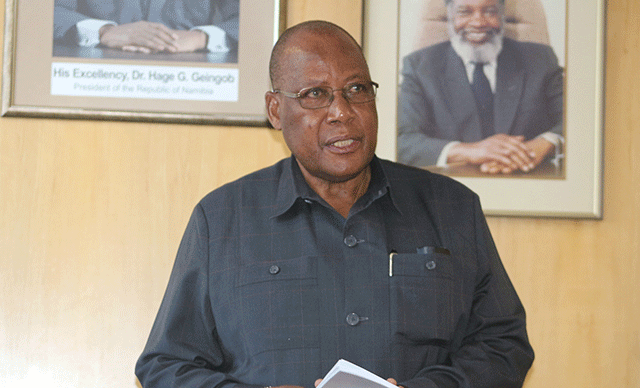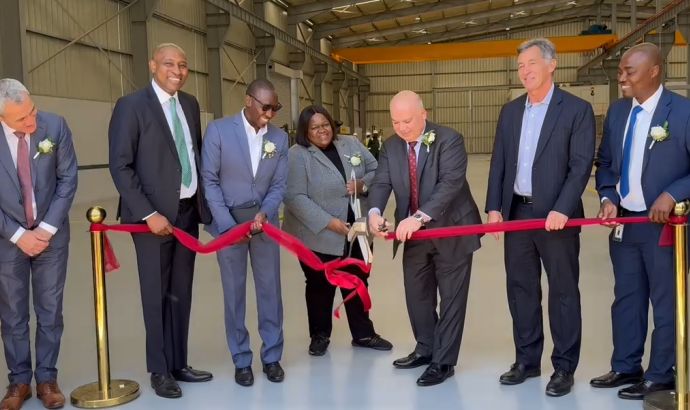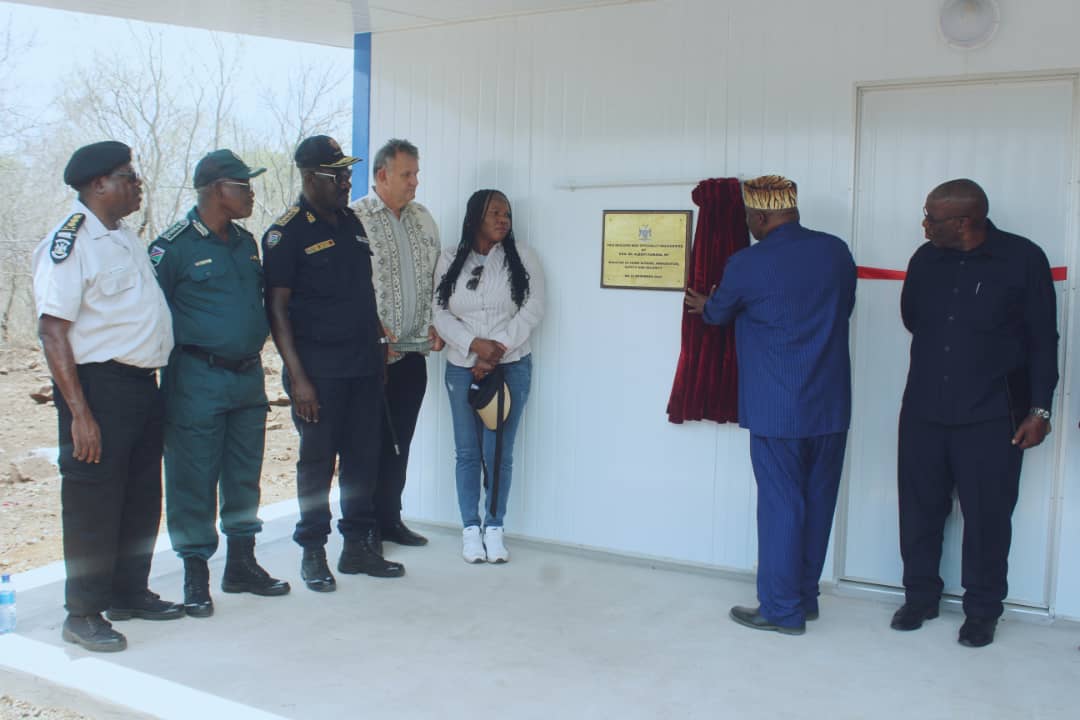THE labour ministry, with the help of the South Korean government, plans to revive a system that assists the public to look for employment.
This was revealed during labour minister Erkki Nghimtina’s budget motivation speech in parliament last week.
According to the ministry’s website, the system was initiated by the ministry to collect, store and update information concerning the names, qualifications and occupations of job-seekers; vacancies in the labour market; as well as specialised skills and qualifications possessed by Namibian citizens and permanent residents.
On the same system, companies are to upload opportunities, namely vacancies, tenders and grants.
Nghimtina said the ministry will revise the Namibia Integrated Employment Information System (NIEIS) with the help of the South Korean government through the International Labour Organisation (ILO) from next month.
“The ministry will embark on a three-year programme of technical cooperation with the Republic of Korea,” he added.
The plans include updating and upgrading the system to produce dynamic, inclusive, reliable and effective mechanisms to facilitate employment creation in Namibia.
The labour ministry employed 3 116 people through this system out of the 15 569 registered job-seekers during the 2017/18 financial year.
“The NIEIS is intended both to provide fair opportunities to all who seek employment, and to meet employers’ needs,” Nghimtina said.
The minister noted that the low numbers of those who acquired employment indicates the structural challenges of the employment-creation strategy, and that some of the limitations of the system include the absence of compulsory registration or reporting by each employer of every job created in the country.
“It appears that many employees might have been recruited not from the NIEIS, but by word-of-mouth, personal connections, straight from a college, school, street or even the internet,” he said.
He added that if the economy cannot grow and create the necessary job opportunities, then it should be redesigned and re-modelled.
The ministry has also reviewed the minimum wage for domestic workers, and gazetted the new minimum wages in this sector.
“Similar measures were applied in the construction, agriculture and security sectors,” Nghimtina said, adding that the security sector is currently a challenging subject in the labour court.
The ministry has started a research and analysis project with the assistance of the ILO to introduce a national minimum wage.
“This is very necessary in a country like Namibia, where many employees are still paid wages that are not commensurate with their job content and productivity,” the minister said, adding that they are considered part of the ‘working poor’.
The ILO is a United Nations agency that deals with labour issues, particularly international labour standards, social protection, and work opportunities for all.
These activities will require N$32 million from the ministry’s budget.
Additional systems which the ministry plans on improving is the promotion of peaceful labour relations through inspections, conciliation and mediation processes. Improving and managing that system will cost N$23 million.
The minister thus asked for the approval of the N$194 million allocated to the ministry for the 2018/19 financial year in order to complete their set activities.
Stay informed with The Namibian – your source for credible journalism. Get in-depth reporting and opinions for
only N$85 a month. Invest in journalism, invest in democracy –
Subscribe Now!






